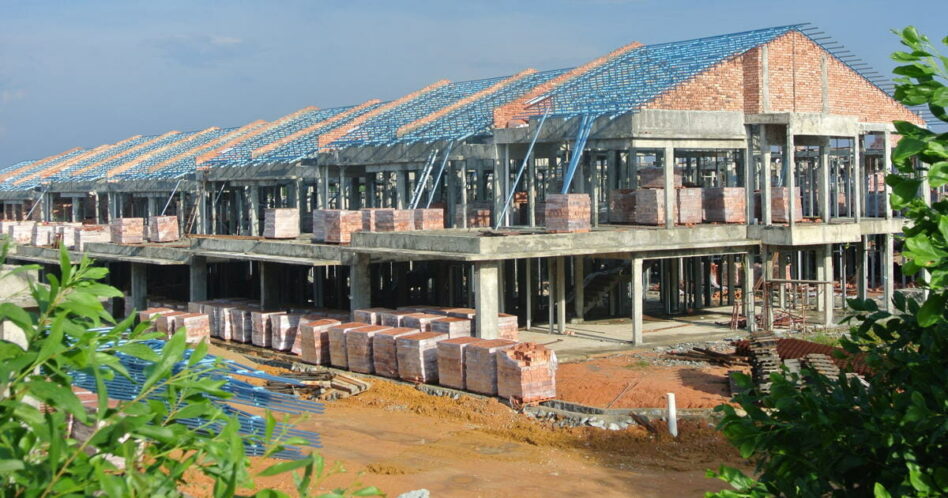MALAYSIA’S economy is projected to contract by 3.1% this year due to a sharp slowdown in economic activity caused by the Covid-19 crisis and measures to contain its spread, the World Bank said in its latest Malaysia Economic Monitor.
Growth, said the bank, would pick up in 2021 at 6.9% as the outbreak eased. But the near-term outlook remained “unusually uncertain at present.”
Due to the pandemic, and the changing world of work, the bank raised the importance of a more enhanced social protection system.
“Important social protection measures are needed to help vulnerable Malaysians survive the current economic storm and thrive in a new post-pandemic reality. Protecting livelihoods is important so that those who have lost their jobs and businesses are able to get back on their feet and contribute to Malaysia’s economic recovery,” said Firas Raad, World Bank group representative to Malaysia and country manager.
According to the bank, aggregate investment contracted for the fifth consecutive quarter by 4.6% in 1Q20 (as compared to a contraction of 0.7% in 4Q19), with broad-based weaknesses in both private and public investments.
Malaysia’s exports of goods and services declined for a third consecutive quarter by 7.1% in 1Q20 (4Q19: -3.4%) due to weak external demand, the bank said. This is “the largest decline since the global financial crisis in 2009,” it added.
Private consumption moderated to 6.7% in 1Q20, down from 8.1% in 4Q19, “largely reflecting the substantial impact of Covid-19 and the movement control order on retail, travel, leisure and recreational spending and consumption of durable goods during the previous period,” the bank said.
Putrajaya may have responded to the coronavirus crisis through double rounds of stimulus packages, in February and March, and more recently the Penjana short-term economic recovery plan.
But “higher public spending coupled with declines in fiscal revenues… has led to a narrowing of fiscal space,” the bank said.
It suggested reallocating expenditures towards priority areas, identifying new sources of non-tax revenue, and amending statutory limits on borrowing as measures to help temporarily expand fiscal space.
The bank’s report recommended that in the near term, government efforts should focus on supporting relief and recovery efforts by deepening social assistance for lower-income households, improving the delivery of social protection programmes, and promoting job recovery.
As the recovery continues, the bank said further rounds of cash transfers would “remain vitally important” to mitigate acute financial strains among the most vulnerable groups in Malaysian society.
Cash transfers, the bank said, would also support domestic consumption and human capital development during a severe economic downturn.
“Over the medium and long term, support for lower-income groups can be gradually expanded to ensure that Malaysia’s social protection system provides a minimum level of protection to all households and individuals in need,” the bank said. – June 25, 2020










